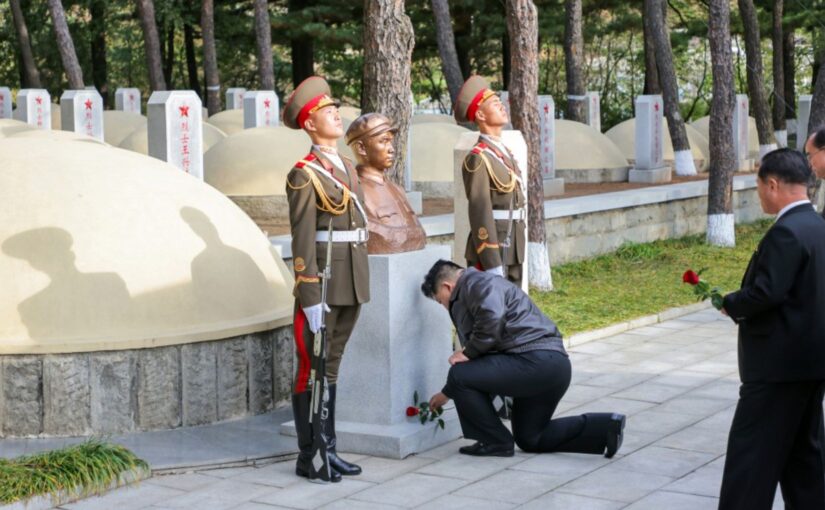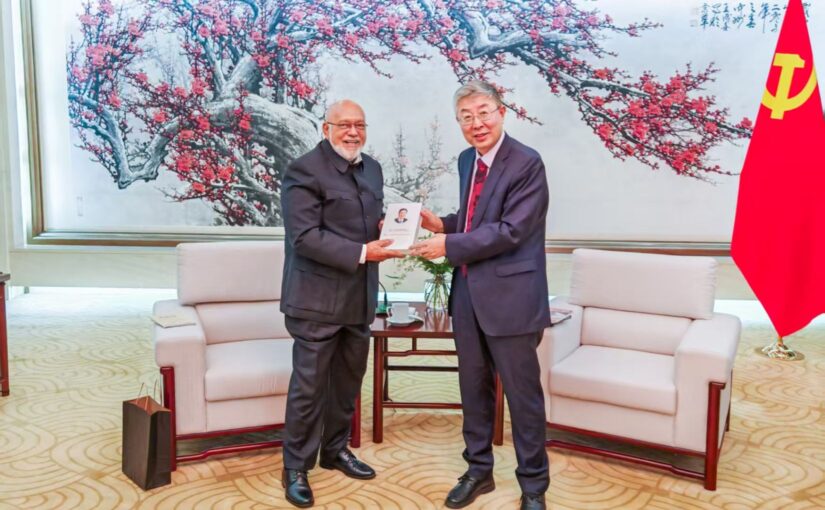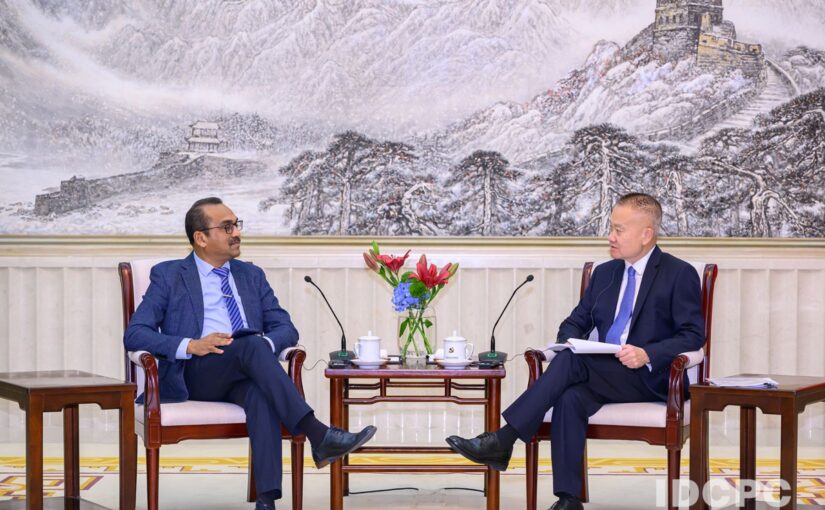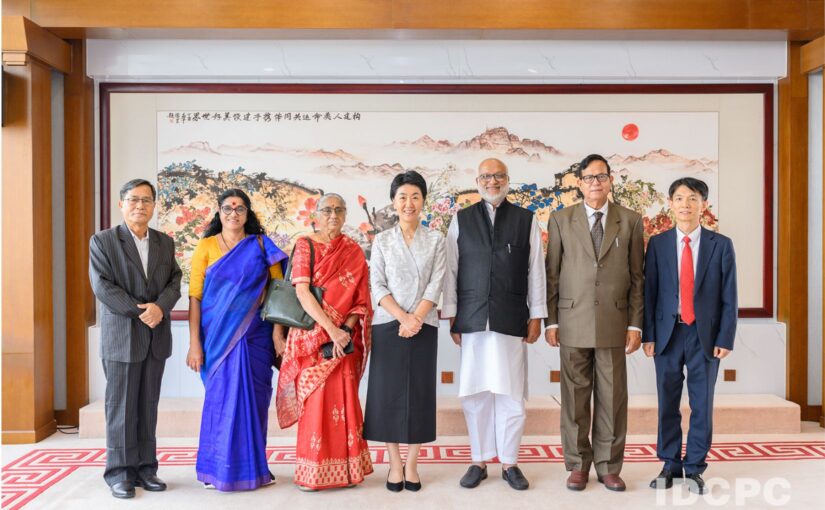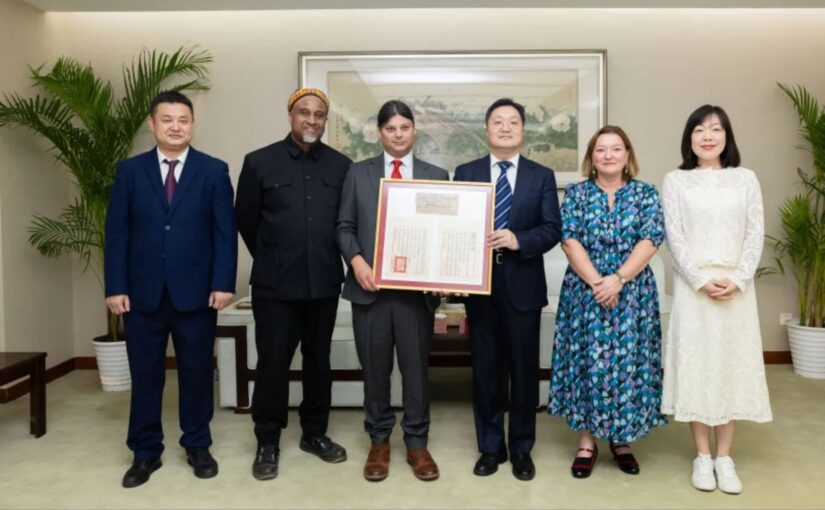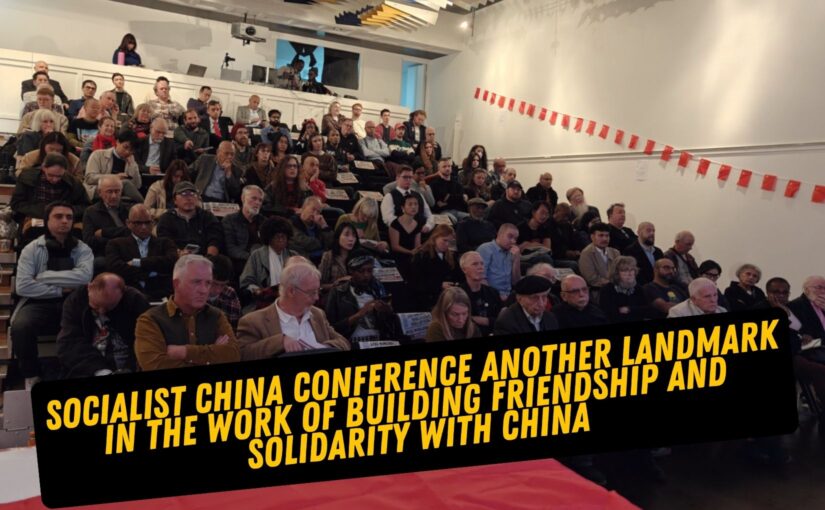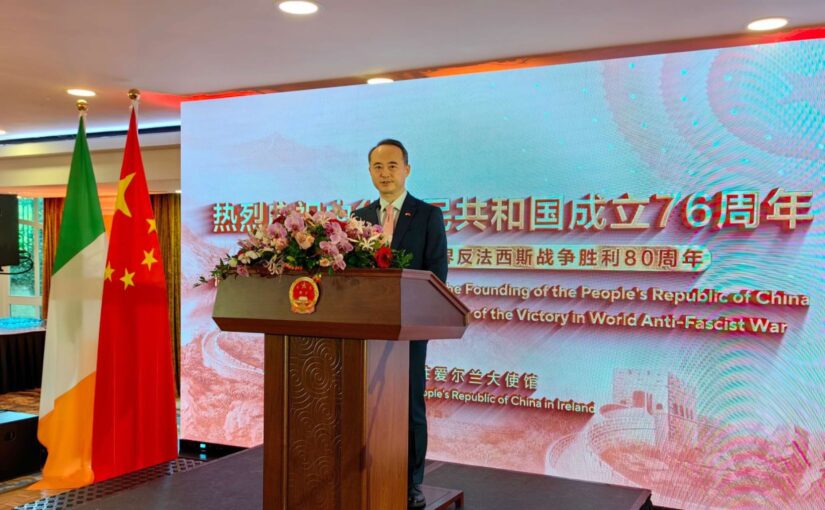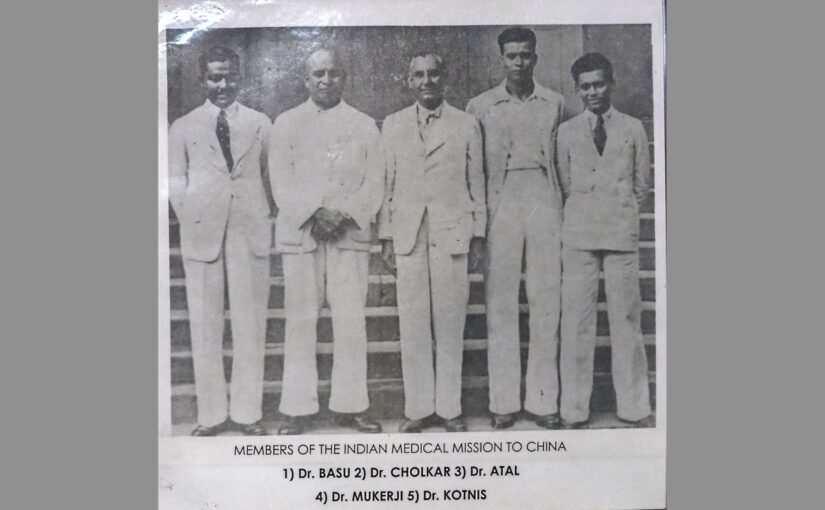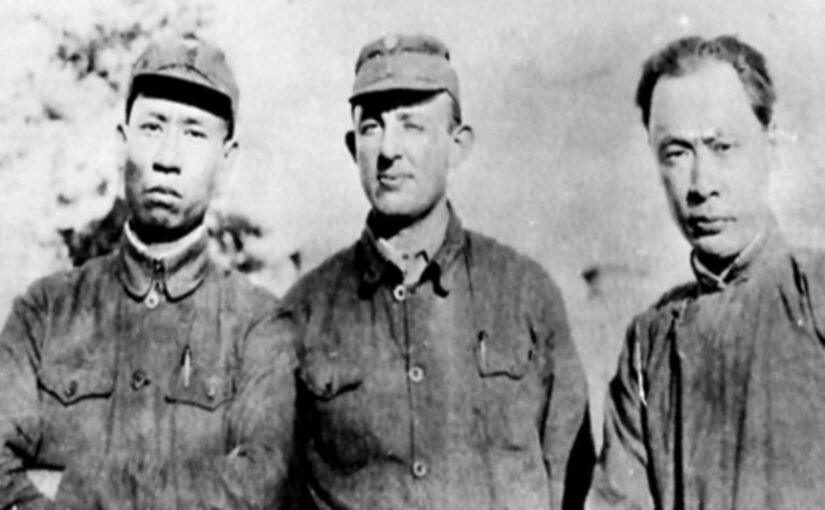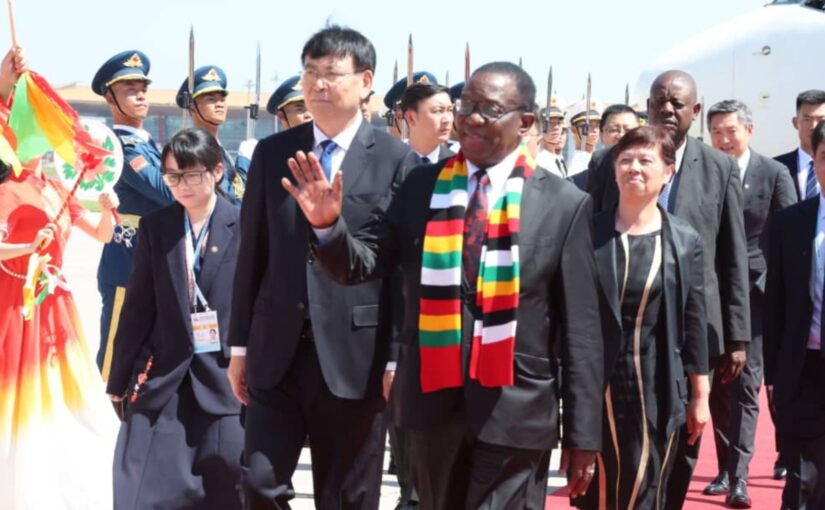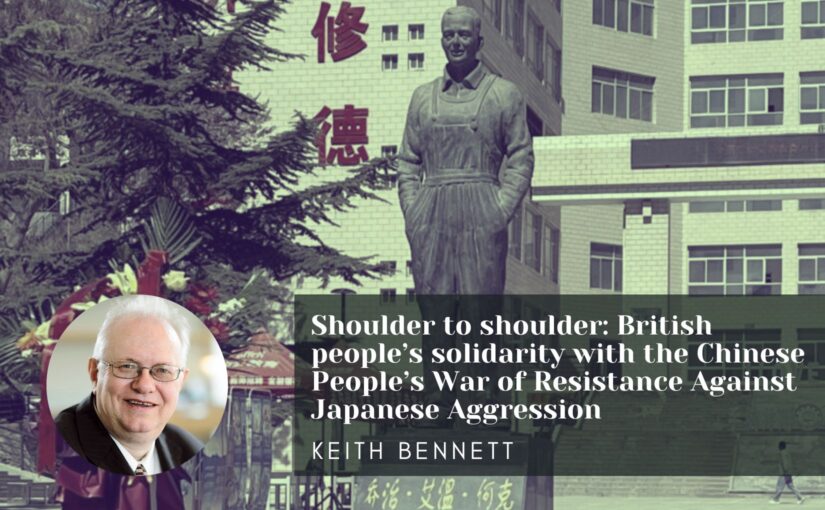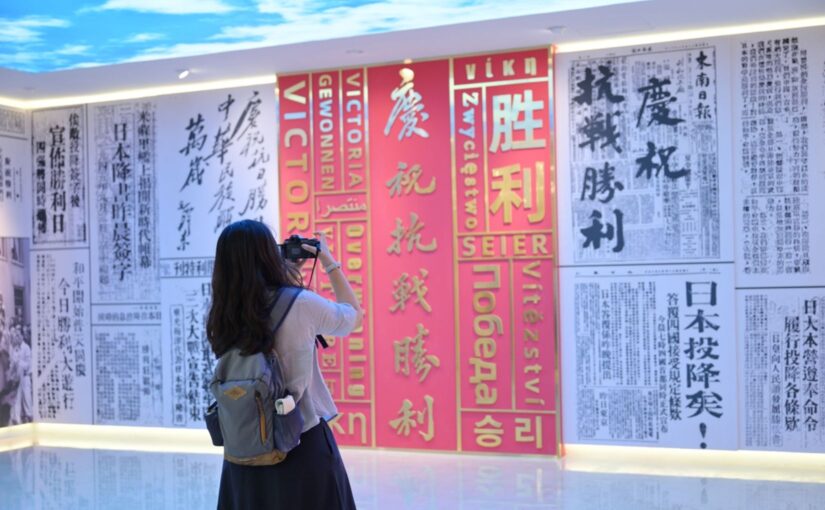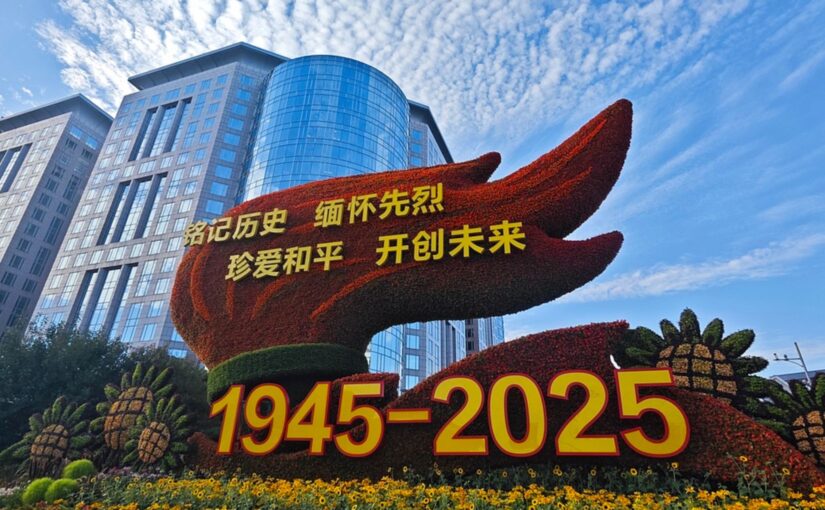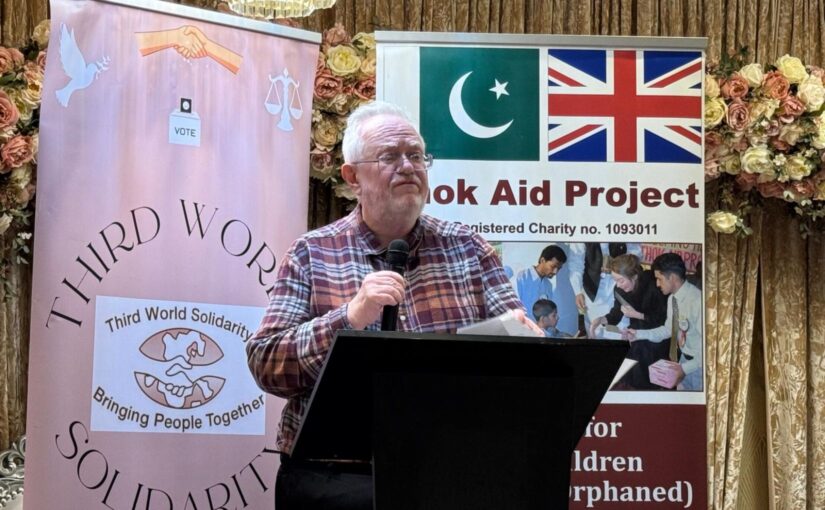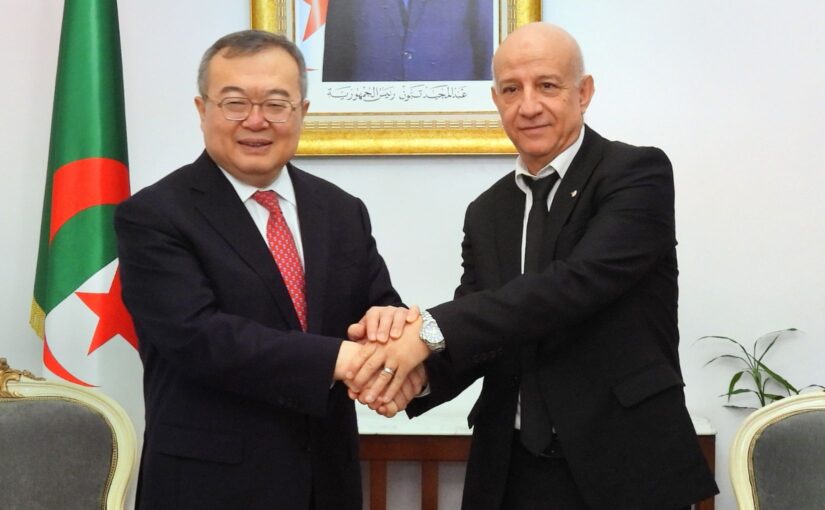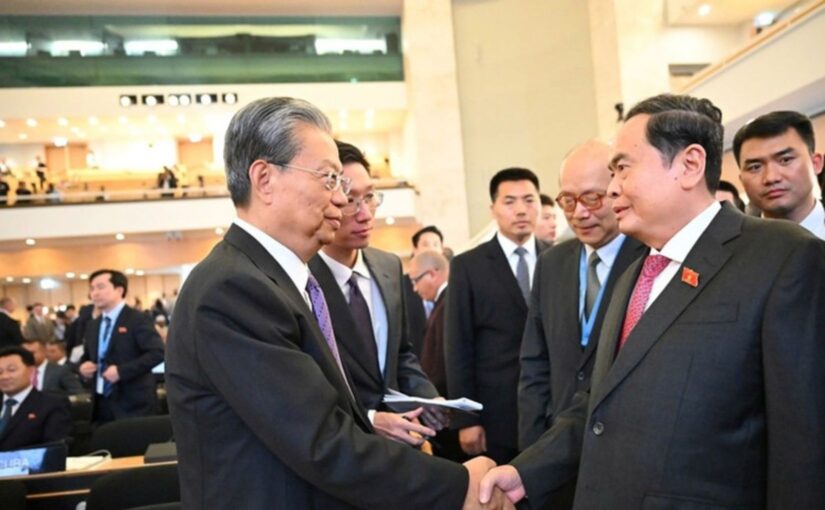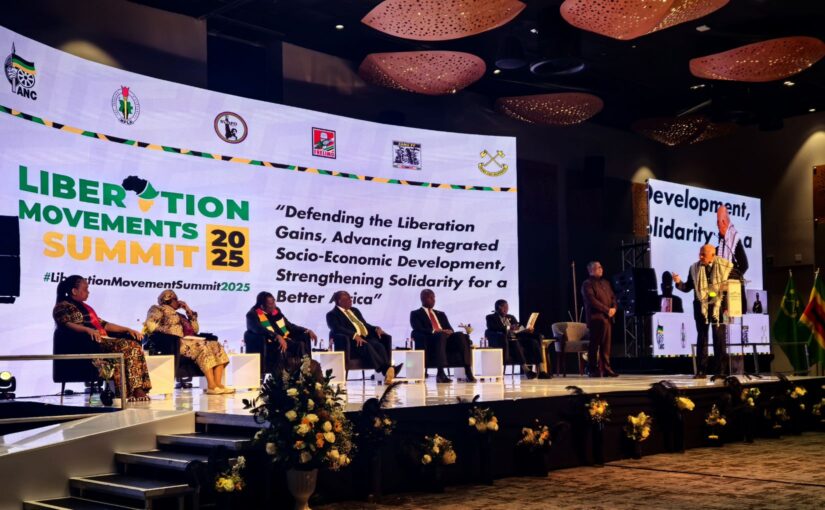The Democratic People’s Republic of Korea (DPRK) held solemn commemorations to mark the 75th anniversary of the entry of the Chinese People’s Volunteers (CPV) into the war known in China as the War to Resist US Aggression and Aid Korea and in the DPRK as the Fatherland Liberation War.
On October 24, Kim Jong Un, General Secretary of the Workers’ Party of Korea and President of the State Affairs of the Democratic People’s Republic of Korea, visited the Cemetery of the Fallen Soldiers of the Chinese People’s Volunteers in Hoechang County, South Phyongan Province and paid a high tribute to them.
Following the main ceremony, Kim Jong Un visited the grave of Mao Anying, the son of Comrade Mao Zedong, where he placed a flower and paid homage.
The Korean Central News Agency (KCNA) commented: “The faces of the CPV fallen soldiers, who assisted the revolutionary war of our people at the cost of their blood with the spirit of internationalism and the feeling of fraternal friendship, remain deep in the hearts of the peoples of the two countries as a symbol of valuable DPRK-China friendship.
“Our people will never forget the blood shed by the excellent sons and daughters of the Chinese people and their immortal feats even after a lapse of many years and the shift of generations.
“The DPRK-China friendship forged at the cost of blood would powerfully demonstrate its inexhaustible vitality in the sacred struggle to realise the cause of independence against imperialism, the socialist cause, in the future, too.”
Kim Jong Un’s visit was also reported by the Xinhua News Agency.
The following day a further ceremony was held at the Friendship Tower in downtown Pyongyang, which honours the CPV martyrs.
Earlier, on October 22, a ceremony for remodeling the cemetery of fallen fighters of the Chinese People’s Volunteers was held in Sinphyong County, North Hwanghae Province. Among those present were DPRK Vice-Minister of Urban Management Kang Chol Ho, joined by Wang Yajun, Chinese Ambassador to the DPRK, staff members of his embassy, the delegation of the veterans and families of martyrs of the CPV on a visit to the DPRK, Chinese guests staying in the DPRK, and Chinese students and residents in the DPRK.
A delegation of the Chinese People’s Liberation Army led by Xia Zhihe, Political Commissar of the National Defence University of the PLA also visited the DPRK from October 25 to October 28 to take part in commemorative functions.
Functions were also held at the Chinese Embassy in Pyongyang and the DPRK Embassy in Beijing on October 25.
At the reception hosted in Pyongyang by Chinese Ambassador Wang Yajun, speakers referred to the historic significance of the CPV’s entry into the Korean front 75 years ago and the feats of the martyrs of the volunteers who devoted their precious lives to the revolutionary war of the Korean people.
They expressed the will to carry forward the glorious tradition and the great friendship under the strategic guidance of the top leaders of the two parties and two countries and thus open up a more beautiful future of the socialist cause of the two countries and the DPRK-China relations.
At the DPRK embassy in Beijing, speakers paid high tribute to the martyrs and veterans of the Chinese People’s Volunteers who entered the Korean front and fought shoulder to shoulder with the Korean people. They said that looking back on the history of 75 years ago is of great significance in remembering the forerunners and inheriting their spirit.
They expressed the will to promote the traditional DPRK-China friendship on the road of accomplishing the socialist cause, opposing the imperialists’ aggression and hegemony and defending regional peace and security, international fairness and justice.
Korean diplomatic staff also paid tribute at the cemeteries of CPV martyrs in the cities of Shenyang and Dandong, in China’s Liaoning Province.
The following articles were originally published on the website of KCNA. China’s People’s Daily also reported the commemorations.
Respected Comrade Kim Jong Un Visits Cemetery of CPV Fallen Soldiers on Occasion of 75th Anniversary of Entry of CPV into Korean Front
Pyongyang, October 25 (KCNA) — Kim Jong Un, general secretary of the Workers’ Party of Korea and president of the State Affairs of the Democratic People’s Republic of Korea, visited the Cemetery of the Fallen Soldiers of the Chinese People’s Volunteers in Hoechang County, South Phyongan Province and paid a high tribute to them on Oct. 24 on the occasion of the 75th anniversary of the entry of the CPV into the Korean front.
The respected Comrade Kim Jong Un was accompanied by Jo Yong Won, Pak Jong Chon and Kim Tok Hun, secretaries of the Central Committee of the WPK, and Choe Son Hui, foreign minister of the DPRK.
The guard of honor of the Korean People’s Army lined up at the cemetery.
The national anthems of the People’s Republic of China and the Democratic People’s Republic of Korea were played.
A flower basket in the name of Kim Jong Un and the flower baskets in the names of the Central Committee of the WPK and the State Affairs Commission of the DPRK were laid before the cemetery.
Kim Jong Un paid a silent tribute in memory of the CPV fallen soldiers.
Then, he visited the grave of Mao Anying at the cemetery.
He placed a flower before the grave and paid homage.
The faces of the CPV fallen soldiers, who assisted the revolutionary war of our people at the cost of their blood with the spirit of internationalism and the feeling of fraternal friendship, remain deep in the hearts of the peoples of the two countries as a symbol of valuable DPRK-China friendship.
Our people will never forget the blood shed by the excellent sons and daughters of the Chinese people and their immortal feats even after a lapse of many years and the shift of generations.
The DPRK-China friendship forged at the cost of blood would powerfully demonstrate its inexhaustible vitality in the sacred struggle to realize the cause of independence against imperialism, the socialist cause, in the future, too.
Continue reading Kim Jong Un pays tribute to Chinese People’s Volunteers on 75th anniversary
